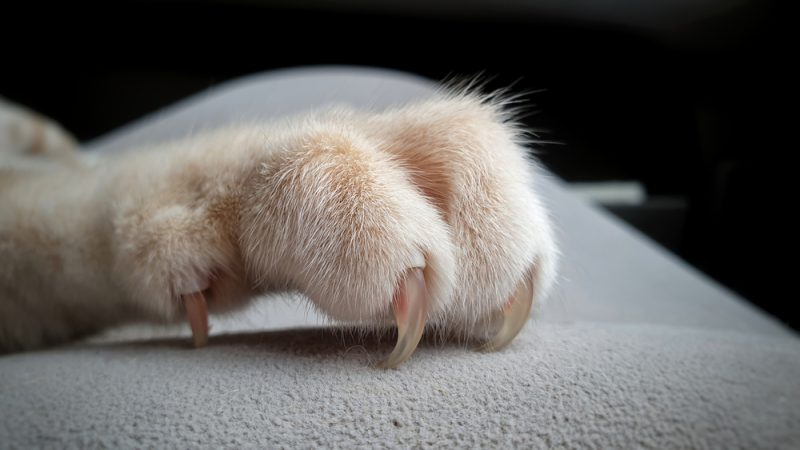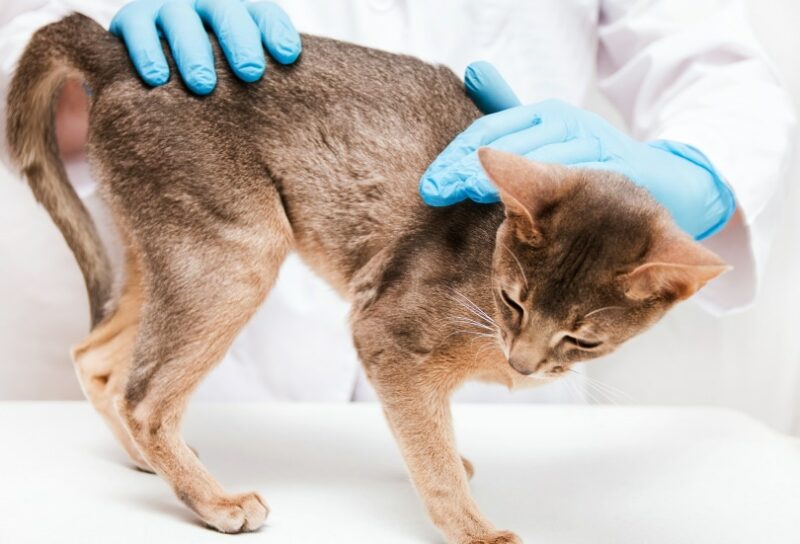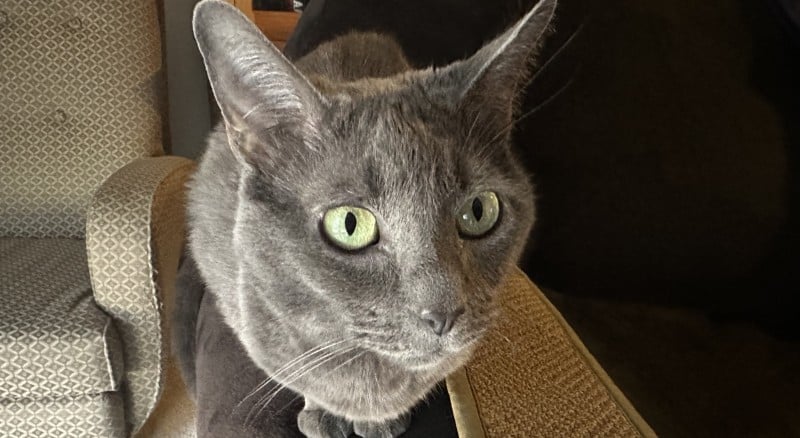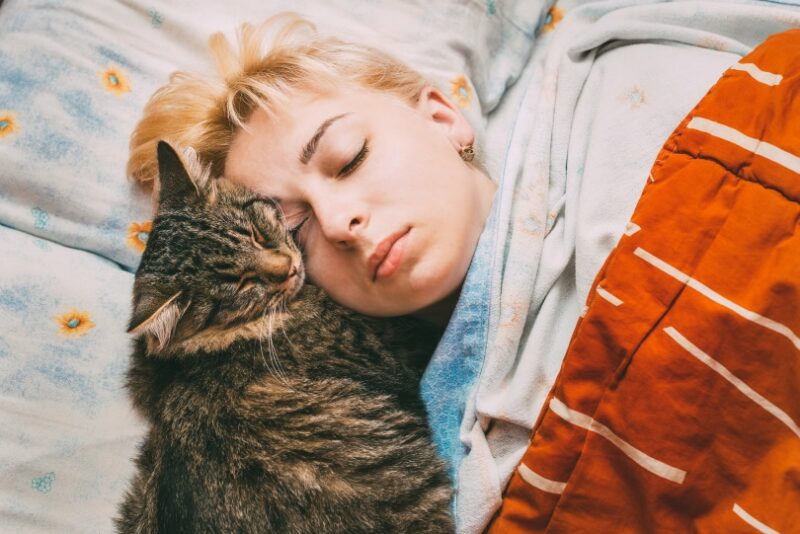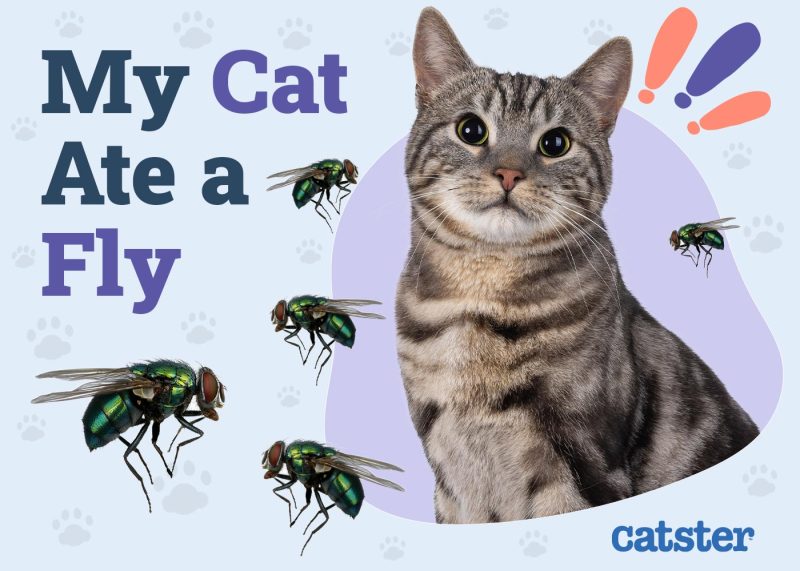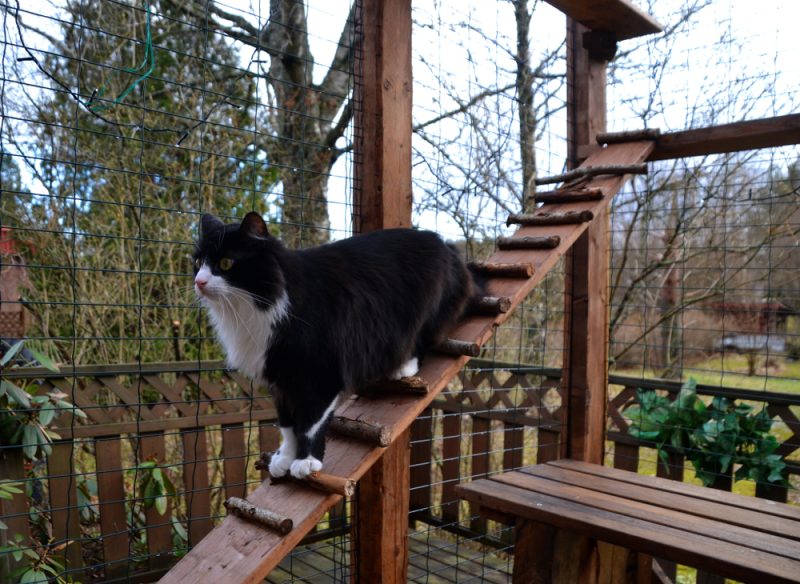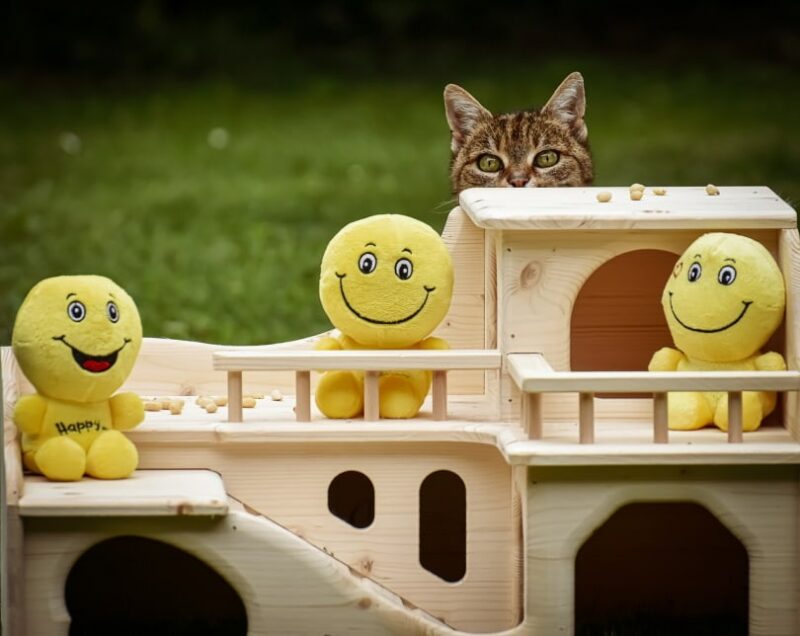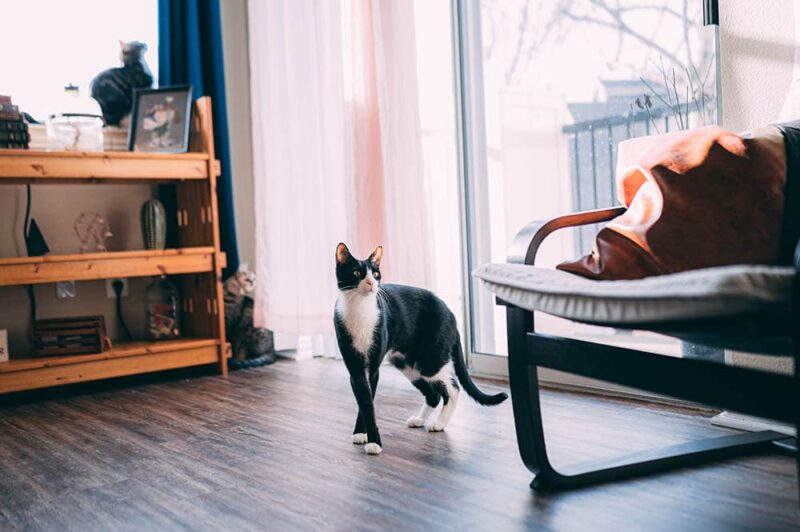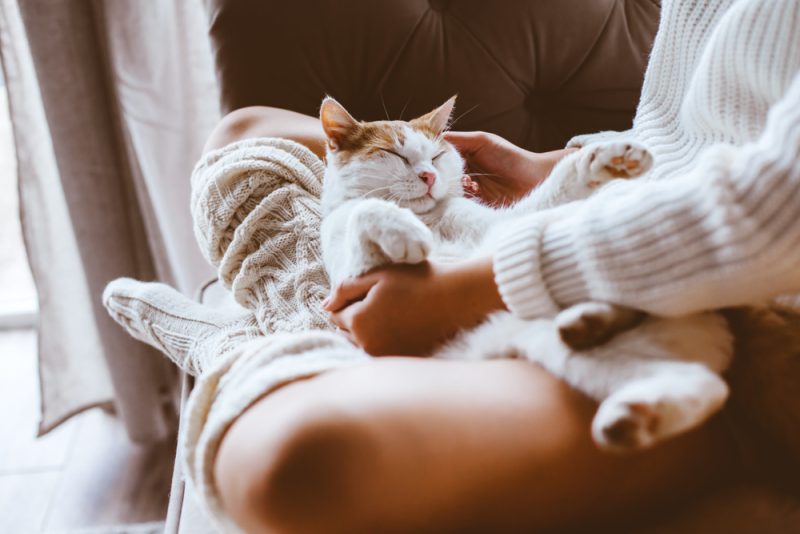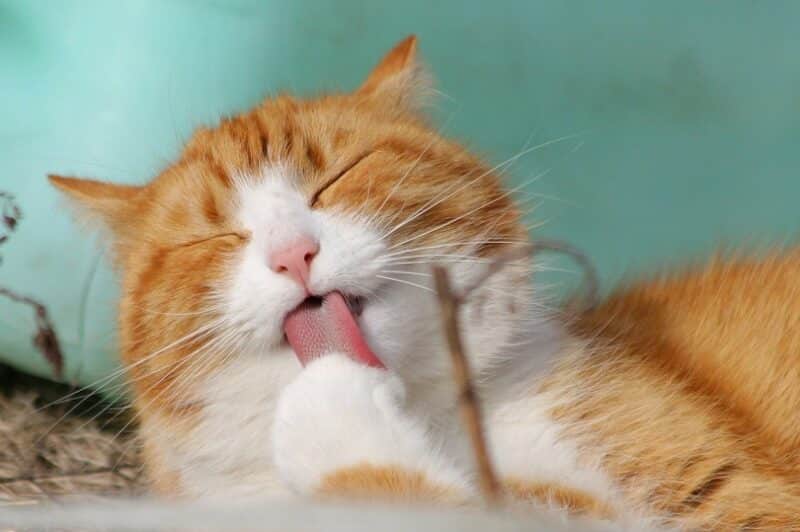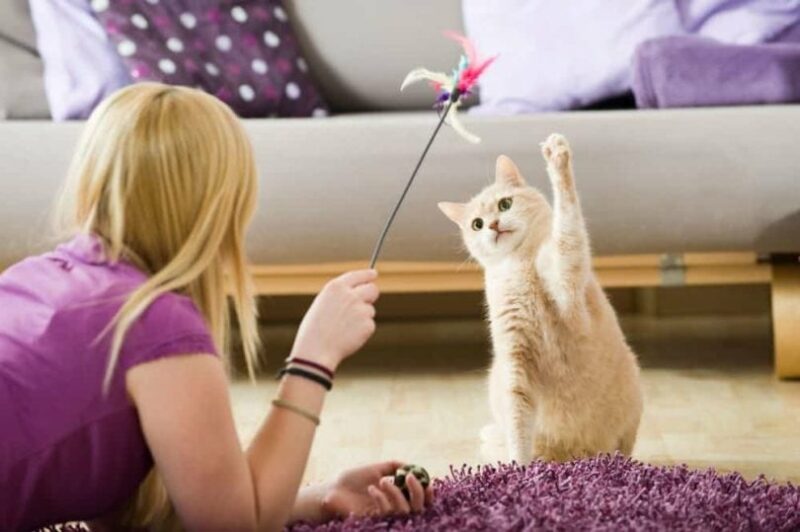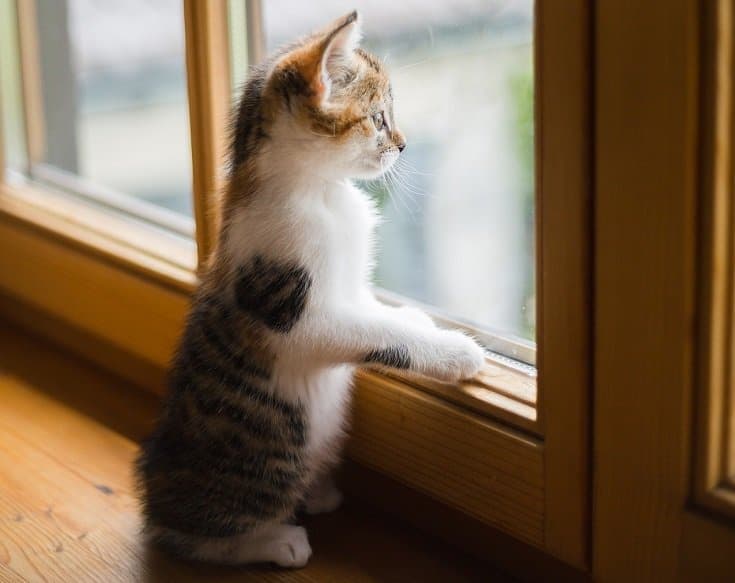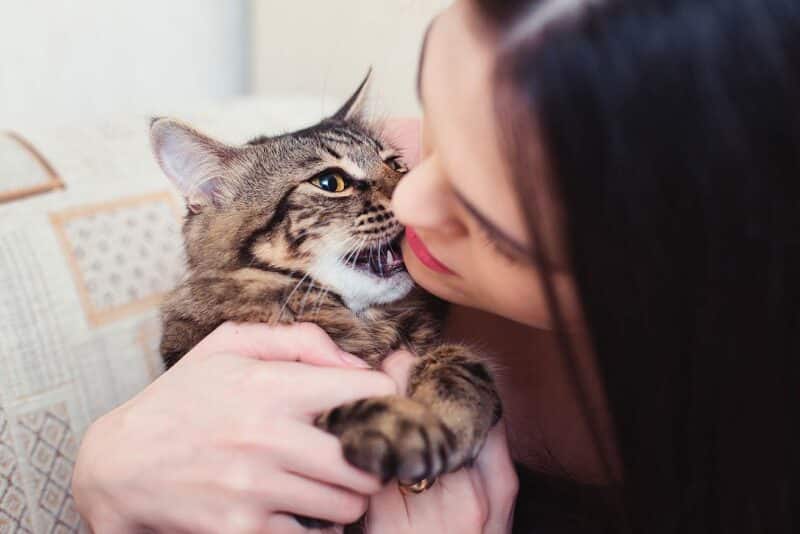In this article
Every cat lover is familiar with the chilling sound of little kitty nails being dragged across a piece of furniture. Sometimes, our cat’s attention is in the right place, like a scratching post, and other times, a beloved chair is the target. On particularly bad days, our arms, legs, and hands get it. There are ways to stop your cat from shredding your furniture, and once the solution was declawing. Declawing is now illegal in the UK and several other countries in Europe.
Cat declawing is a procedure that removes a section of bone that is attached to a cat’s claw. It’s a procedure that has been likened to removing the tips of a person’s fingers and toes to remove their nails. So, what exactly does this procedure mean for cats, and what are the alternatives if it’s illegal where you live?
When Did Declawing Cats Become Illegal in the UK?
In 2006, after consultation with veterinary experts, declawing cats was banned. This might seem like it wasn’t that long ago, and it wasn’t. But even before this law was passed, it wasn’t something that happened frequently. Now, if you manage to find someone willing to declaw your cat, you can be convicted and fined up to £20,000.
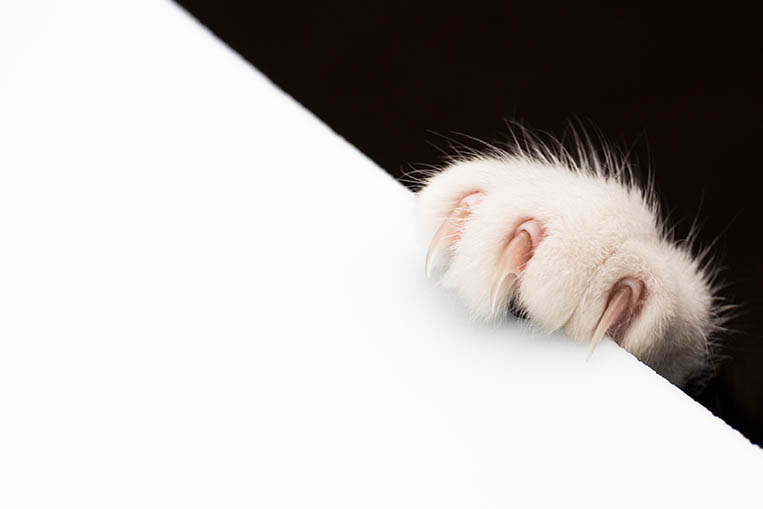

The 5 Negative Side Effects of Declawing
Onychectomy is the most common declawing procedure where the surgeon removes the bone attached to the claws using a laser, nail trimmer, or scalpel. It’s considered to be a painful procedure where the cat will then have to learn how to walk again. There are many negative side effects associated with declawing.
1. Infection
Infection is always a possible side effect when it comes to a surgical procedure. No matter how clean you keep your floor, there is always a chance of infection as your cats walk around. Infections can also become deeply rooted in the bone or travel through the body. This type of complication would result in hospitalization, aggressive antibiotic therapy, and even additional surgeries.
2. Refusal to Use the Litter Box
Cats will tend to dig in their litter box, so to avoid hurting their feet they might avoid the litter box completely. Some owners might try paper litter in an effort to keep their cat’s incisions clean, but this could backfire. If the cat doesn’t recognize the paper for what it is, they’ll go elsewhere.
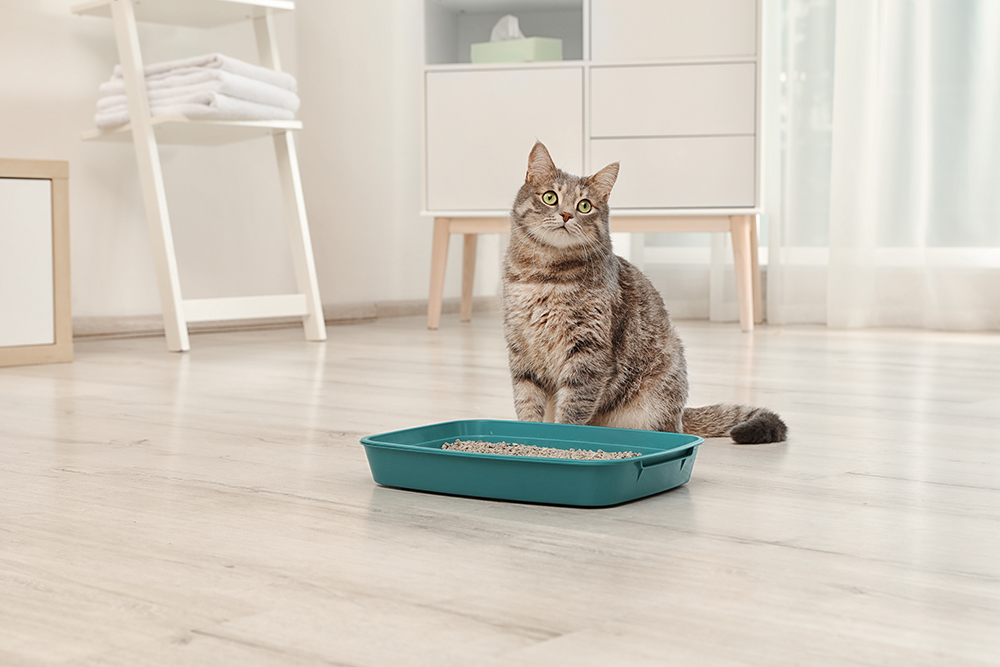
3. Lameness
Lameness can be temporary, but botched surgeries can happen, which would make lameness permanent. An overzealous surgeon might remove too much tissue, causing permanent damage to a cat’s nervous system.
Your cat could also suffer from back pain or imbalance-related secondary injuries. Lameness changes your cat’s gait, where it isn’t carrying its weight as it should be. Just like we’ll walk differently if we have a blister, this weight distribution can put a strain on the cat’s muscles.
4. Paw Pain and Nerve Damage
While some surgeons might remove too much, it’s also equally dangerous to remove too little. If some claw tissue is still present, the tissue will attempt to grow a new claw under the skin. This is extremely painful and can lead to an abscess. If a mistake is made or the surgeon is lacking in skill, nerve damage can occur.
5. Behavioral Changes
Clawing isn’t just a way for cats to wear down their claws, it’s also a way to mark their territory and part of a cat’s natural behavior repertoire. Declawing a cat can be very stressful for them and manifest in undesirable behaviors such as biting aggression or inappropriate elimination.


How to Stop a Cat From Clawing the Furniture
One of the most common reasons people declaw their cats is to stop them from scratching the furniture, but there are alternatives you can try without having to go to the extreme of declawing them.
- Scratching Posts: If your cat is an outdoor cat, it’s likely to scratch fences and trees. But whether it’s an outdoor or indoor cat it’s a good idea to get them a scratching post for when it’s in the house.
- Training: Praise your cat for positive scratching behaviors, like when they’re using their scratching tree. And redirect them when they scratch something they shouldn’t. You can also make scratching undesirable for them by placing aluminum foil or double-sided tape in places you don’t want them to scratch.
- Use Scratch Deterrents: Invest in some sprays, for example. Cats don’t like citrus smells, which can be used to keep them away from your furniture.
- Clean Scratched Areas: Make sure you keep your furniture clean—you can even use a spray to get rid of the pheromones your cat leaves behind by scratching.

Conclusion
Declawing cats is illegal in the UK, but it wasn’t something that was done very often anyway before the law came into place in 2006. Looking at the side effects of declawing, it’s clear why it ended up being banned. If your cat enjoys scratching things it shouldn’t, there are things you can do to deter the behavior without having to turn to a drastic measure like declawing!
Featured Image Credit: RJ22, Shutterstock
